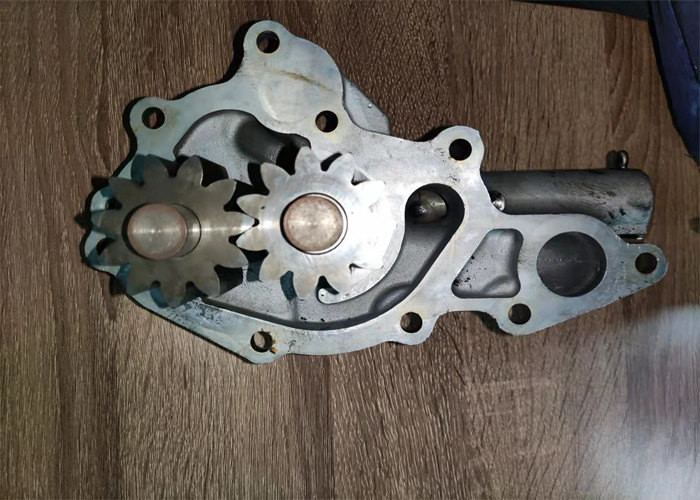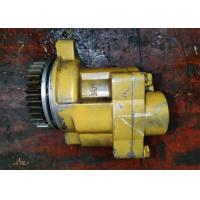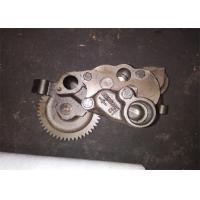J08E Used Oil Pumps For Excavator SK300 - 8 SK350 - 8 15110 - 2150
22100 - e0024
Specification
| Item name | Used oil pump |
| Gear quantity | 21 |
| Application | Engineering Machinery Engine |
| Cylinder number | 6 cylinders |
| Quality | High quality |
| Engine Type | Diesel |
| Injection | Electric injection |
| Pump code | 22100 - e0024 |
Description
Increased Engine Temperature
Lubrication oil reduces the engine temperature in two ways. First,
it absorbs excess heat generated by the engine and dissipates it as
it moves around the different parts of the engine. Also,
lubrication oil decreases engine component friction. More friction
results in higher engine temperature. Therefore, one of the
symptoms of a bad oil pump is a significant increase in the
operating temperature of your car engine.
When there is restricted oil flow in the engine and the engine
temperature increases, your vehicle dashboard check light will
light up to notify you of the alarming engine temperature. Vehicle
overheating engines pose severe detrimental hazards to your engine.
You should, therefore, take your car to the auto mechanic whenever
you have overheating engine problems.
Hydraulic Lifter Noise
Other essential components of the valve-train operations of your
vehicle engine are hydraulic lifters. They maintain the valve
clearance with the rock and cam follower. Therefore, the lifters
need enough oil lubrication to perform their function efficiently.
Low oil pressure from the oil pump prevents the oil from reaching
the hydraulic lifters. They will then struggle in mobility and
produce a lot of noise when moving. Lack of lubrication causes
extreme friction that leads to wear and tear, thus, significantly
reducing the hydraulic lifters’ lifespan.
Noise from the Valve-Train System
The valve-train system of a car also includes important components
like pushrods, seals, and valve guides that keep the engine
running. Each of these components requires an adequate flow of oil
for the lubrication of the metal parts. Inadequate lubrication
causes friction to the mechanical parts of the engine, thus, the
noise produced in the valve-train system. That is why noise
production in the valve-train can be a simple diagnostic for a
vehicle with a bad oil pump.













